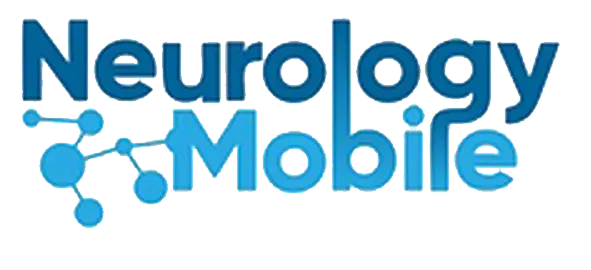4 min read
What Are the 7 Stages of Alzheimer's Disease?

Alzheimer’s disease is a progressive condition affecting millions worldwide. By understanding its 7 stages, caregivers and families can recognize symptoms early, provide proper care, and improve the quality of life for their loved ones.
Understanding Alzheimer’s Disease
What Is Alzheimer’s Disease?
Alzheimer’s disease is the leading cause of dementia, causing a progressive decline in memory, reasoning, and cognitive abilities. Early detection and management are critical to slowing its progression and ensuring appropriate care.
The Importance of Early Detection
Recognizing subtle changes in memory and behavior can lead to an early diagnosis. Brain imaging, cognitive tests, and family history assessments play a vital role in identifying the disease during its pre-clinical phase.
The 7 Stages of Alzheimer’s Disease
Stage 1: No Impairment (Pre-clinical Stage)
In this initial stage, brain changes begin, but there are no noticeable symptoms. Regular check-ups and screenings are essential for high-risk individuals.
Stage 2: Very Mild Decline
This stage is often dismissed as normal aging. Memory lapses, such as forgetting names or misplacing items, may occur but don’t interfere with daily life.
Stage 3: Mild Cognitive Decline
In Stage 3, subtle changes become more apparent:
- Forgetting appointments or important details.
- Struggling with organization.
- Difficulty concentrating on complex tasks.
Stage 4: Moderate Cognitive Decline
As cognitive functioning worsens, individuals may need help with daily activities:
- Trouble managing finances.
- Forgetting personal history.
- Mood and behavior changes, including increased anxiety or denial.
Stage 5: Moderately Severe Cognitive Decline
Independence becomes limited in this stage. Common symptoms include:
- Confusion about time and place.
- Repeatedly asking questions.
- Needing assistance with dressing and grooming.
Stage 6: Severe Cognitive Decline
Behavioral and physical symptoms intensify:
- Difficulty recognizing family members.
- Severe memory loss and behavioral changes.
- Dependence on caregivers for nearly all activities.
Stage 7: Very Severe Cognitive Decline
In the final stage, individuals lose the ability to respond to their environment:
- Limited communication.
- Loss of mobility.
- Full dependence on caregivers for care and comfort.
Table: Comparative Overview of Alzheimer’s Care Tools
| Tool Name | Features | Pros | Cons |
|---|---|---|---|
| Memory Aid Apps | Daily reminders, scheduling, and notes. | Easy to use; customizable. | Limited to mild cognitive decline. |
| GPS Tracking Devices | Real-time location tracking. | Enhances safety; reduces wandering risks. | Requires charging and monitoring. |
| Cognitive Games | Brain-training exercises. | Improves focus and engagement. | Benefits may vary per individual. |
| Professional Caregiver Services | In-home or facility-based care. | Comprehensive support for all stages. | Expensive; requires research. |
How to Manage Alzheimer’s Disease
Creating a Care Plan
Develop a care plan tailored to the individual’s stage and needs. Include strategies for:
- Medication management.
- Maintaining routines to reduce confusion.
- Encouraging physical and mental activities.
Seeking Professional Help
Professional caregivers and neurologists can provide:
- Assistance with daily tasks.
- Guidance on medications and therapies.
- Support groups for families and patients.
Examples of Practical Support
- For Stage 3: Use memory aid apps to keep track of appointments and daily tasks.
- For Stage 5: Employ GPS trackers to ensure safety and prevent wandering.
- For Stage 7: Invest in professional caregiver services for round-the-clock assistance.
Conclusion
Understanding the 7 stages of Alzheimer’s disease empowers families and caregivers to make informed decisions and provide compassionate care. Early detection, proper tools, and a strong support system can improve the journey for both patients and their loved ones.

